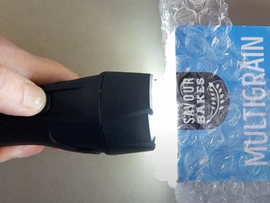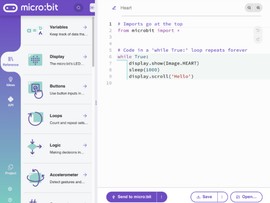Why translation work is so important at the Micro:bit Educational Foundation
21 February marks UNESCO's International Mother Language Day and this year's theme is multilingual education - a necessity to transform education.
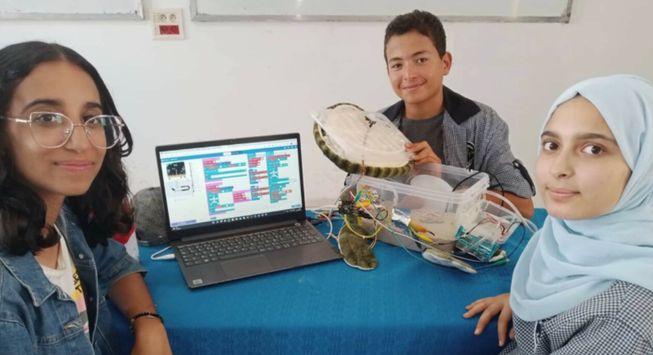
Languages and multilingualism can advance inclusion, and the United Nations Sustainable Development Goals focus on leaving no one behind. Globally, 40% of the population does not have access to an education in a language they speak or understand. At the Micro:bit Educational Foundation, we believe that an ability to understand, participate and work in the digital world is vitally important to a young person’s life chances, so the translation of our website and resources is vital to our aims to inspire every child to create their best digital future.

By making computer education accessible to all, we can create a more inclusive and equitable society.

Adalberto, proofreader on the Portuguese (Brazil) project
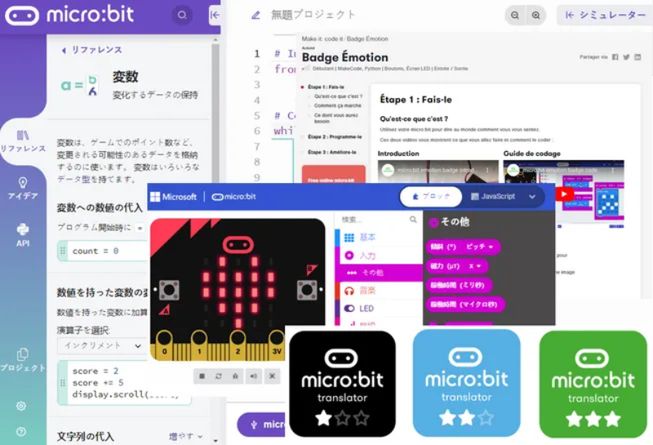
There are currently 47 different language translation projects running for microbit.org and the website itself is available in 15 languages (including English). This is made possible by the translation community, a group of dedicated volunteers who help to translate and maintain the translation of microbit.org and the micro:bits official editors. In the last year they have translated an astonishing 824,860 words between them and enabled so many more children to access coding and digital learning opportunities than would have otherwise.

We always talk about how important it is to give kids the opportunity to learn coding and to add to the development of society. To help unlock it for our kids, I worked on the Dutch translations for microbit.org. This makes it accessible for them in their own language, to enjoy and love coding and tech.

Leslie, proofreader for the Dutch language project
The micro:bit is used by students and teachers all over the world to learn about and create digital technologies. Where possible, students should learn in their local languages as it is very challenging to learn programming if the tech is inaccessible to them to start with.
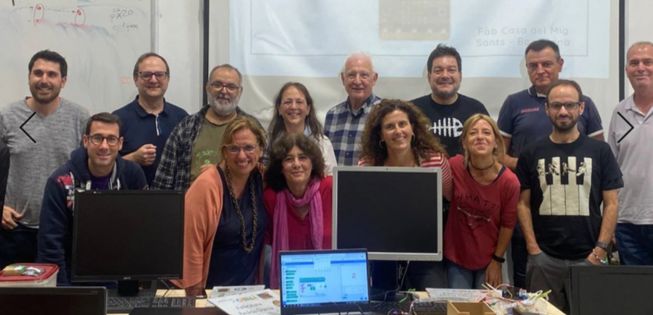
Roger Olivella leads a team of Catalan translators in a non-profit educational entity called Sistema THEAD:

We have created a translation guide and a glossary to help the translation. We have compiled translation references for computer terms into Catalan. None of us are linguists, but we all love micro:bit and wanted to help.

Roger Olivella
Whilst we are making inroads there are still many more languages we would like to translate and offer young people so they can fully access technology - could you help? If you become a volunteer translator, you will join a growing community of micro:bit linguists from around the world and have access to our brand new, volunteer reward programme.
We are particularly interested in recruiting volunteers with knowledge of the following languages:
- Arabic
- Chinese (simplified)
- Chinese (traditional)
- Dutch
- Korean
- Malay
- Spanish
- Welsh
Get involved
Here are two simple ways to help:
- Register your interest as a translator with us.
- Share this article with your friends and colleagues who may be interested!
